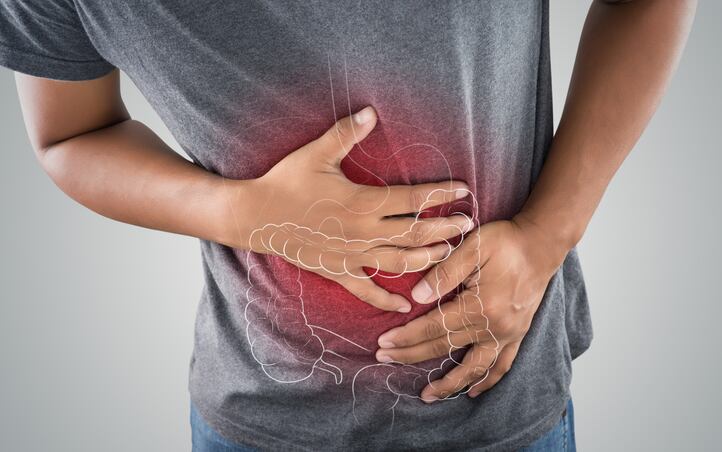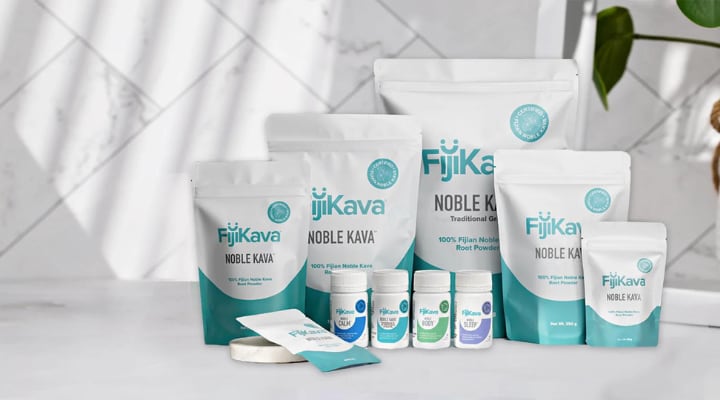Writing in Pharmacological Research, the researchers pointed out that the improvement was accompanied with shifts in the study participants’ intestinal microbiota, albeit not a drastic one.
A total of 163 patients with chronic constipation were involved into the 42-day clinical trial.
They were randomised assigned to the intervention or placebo group, where the intervention group took in one sachet of Lactiplantibacillus plantarum P9 powder per day after meal.
This is a proprietary strain of Chinese firm CR Jiangzhong (China Research Jiangzhong) and is isolated from traditional acidic gruel. According to the company’s website, The strain is already used in the company’s solid beverage sold in a box of 20 sachets each weighing two grams.
All participants had to complete an electronic stool diary to record their bowel frequency, as well as answer questionnaires pertaining to their quality of life.
Stool samples were also collected at baseline, day 28 and the last day of the trial.
Results showed that after 28 days of intervention, weekly mean complete spontaneous bowel movements (CSBMs) and spontaneous bowel movements (SBMs) of the intervention group were significantly higher.
Specifically, their weekly mean frequencies of CSBMs and SBMs were respectively 28 per cent and 12 per cent higher than the placebo.
At day 42, the weekly mean frequency of CSBMs in the intervention group remained significantly higher than the placebo group and was two-fold higher as compared to baseline levels.
However, other parameters, such as weekly mean score of stool consistency and mean score of stool straining, did not show any significant differences between the two groups.
As for quality of life (QOL), the subscore of worries and concerns in the intervention group was 1.22-fold significantly lower than the placebo at day 14 of the trial.
No significant difference was reported in other QOL and psychological parameters measured, namely physical discomfort, psychosocial discomfort, satisfaction, depression, anxiety, and stress levels.
Fine-tuning, not drastic change in gut microbiota
The improvements seen in the intervention group were the results of the “fine tuning of certain functional intestinal microbiota and microbial metabolites”, instead of drastic changes, the researchers highlighted.
The researchers said so because firstly, there was no significant differences in the gut microbiota structure between the two groups, which suggests “the absence of obvious changes in the overall gut bacteria microbiota structure regardless of probiotic consumption.”
Analysis also showed that the overall bacteriophage community in the intervention and placebo groups did not show obvious structural difference, suggesting that probiotic administration did not cause noticeable change in the overall bacteriophage community.
However, there were significant changes seen in certain functional intestinal microbiota and clinical outcomes.
As compared to the placebo group, the intervention group was significantly enriched in potentially beneficial bacteria such as Lactiplantibacillus plantarum and Ruminococcus_B gnavus, while depriving of several bacterial and phage taxa such as Oscillospiraceae sp., Lachnospiraceae sp., and Herelleviridae.
Oscillospiraceae sp, for example, is inversely proportionate to spontaneous bowel movement.
“Our results strongly supported that the application of P9 could effectively alleviate constipation, and the symptom relief effects were linked to desired changes and interactions with different types of host microbes, including the gut commensal bacteria (L. plantarum, Ruminococcus_B gnavus, Oscillospiraceae sp., Lachnospiraceae sp.) and the bacteriophage family, Herelleviridae,” said the researchers.
Amino acid and SCFA metabolic pathways
Changes were also seen in the gut microbial metabolism, especially in amino acid and short-/medium-chain fatty acids metabolic pathways.
For instance, the intervention group had significantly more beneficial microbial metabolites, such as fatty acid valeric acid, amino acids L-asparagine, and L-cysteine at day 28; and significantly more medium-chain fatty acid caprylic acid and L-pipecolinic acid – metabolite of lysine at day 42.
In addition, several amino acid metabolism pathways, such as phenylalanine metabolism, lysine degradation, alanine, aspartate and glutamate metabolism were enriched in the intervention group.
This indicated “the modulation in lysine degradation, phenylalanine metabolism, and other amino acid metabolic pathways” post probiotic intervention, the researchers pointed out.
“In short, the constipation relief effect of P9 intervention was accompanied by desirable changes in the fecal metagenome and metabolome. Our findings support the notion of applying probiotics in managing CC (chronic constipation),” the researchers concluded.
Source: Pharmacological Research
Effect of the probiotic strain, Lactiplantibacillus plantarum P9, on chronic constipation: A randomized, double-blind, placebo-controlled study
https://doi.org/10.1016/j.phrs.2023.106755
Authors: Teng Ma et al





